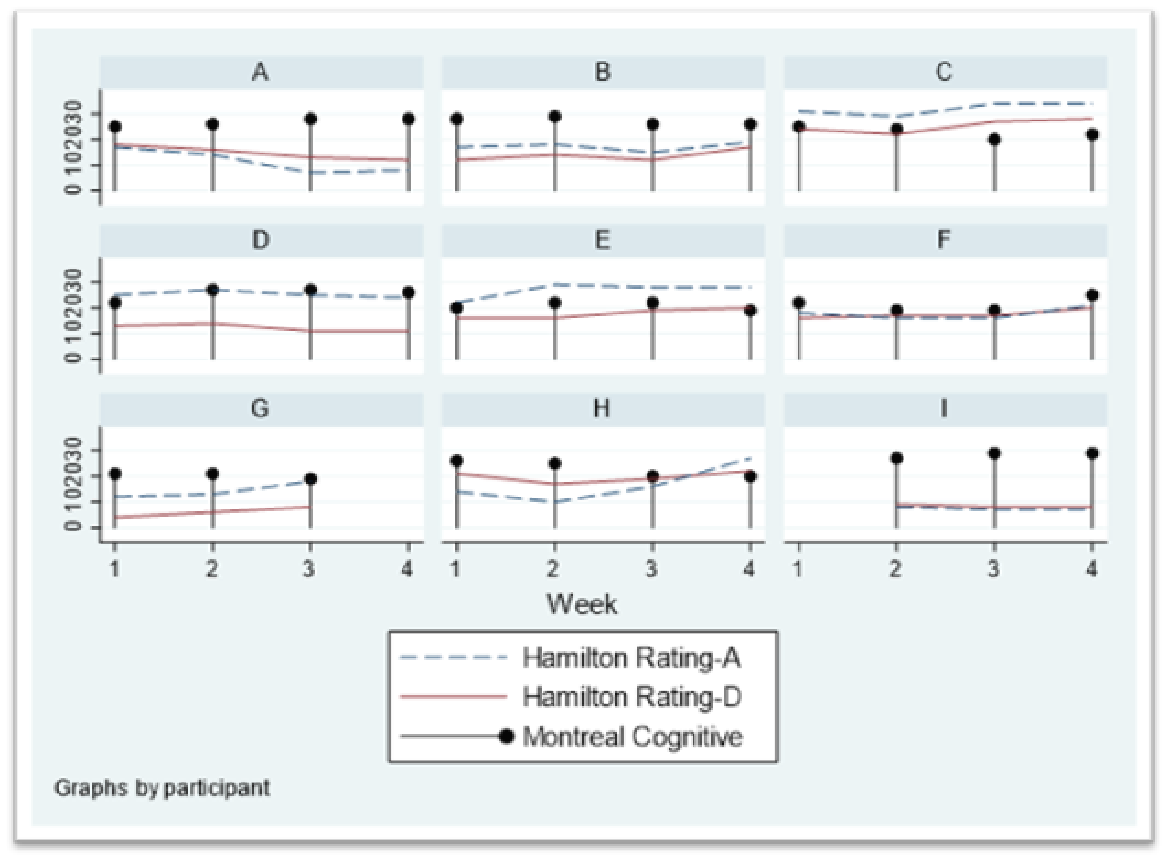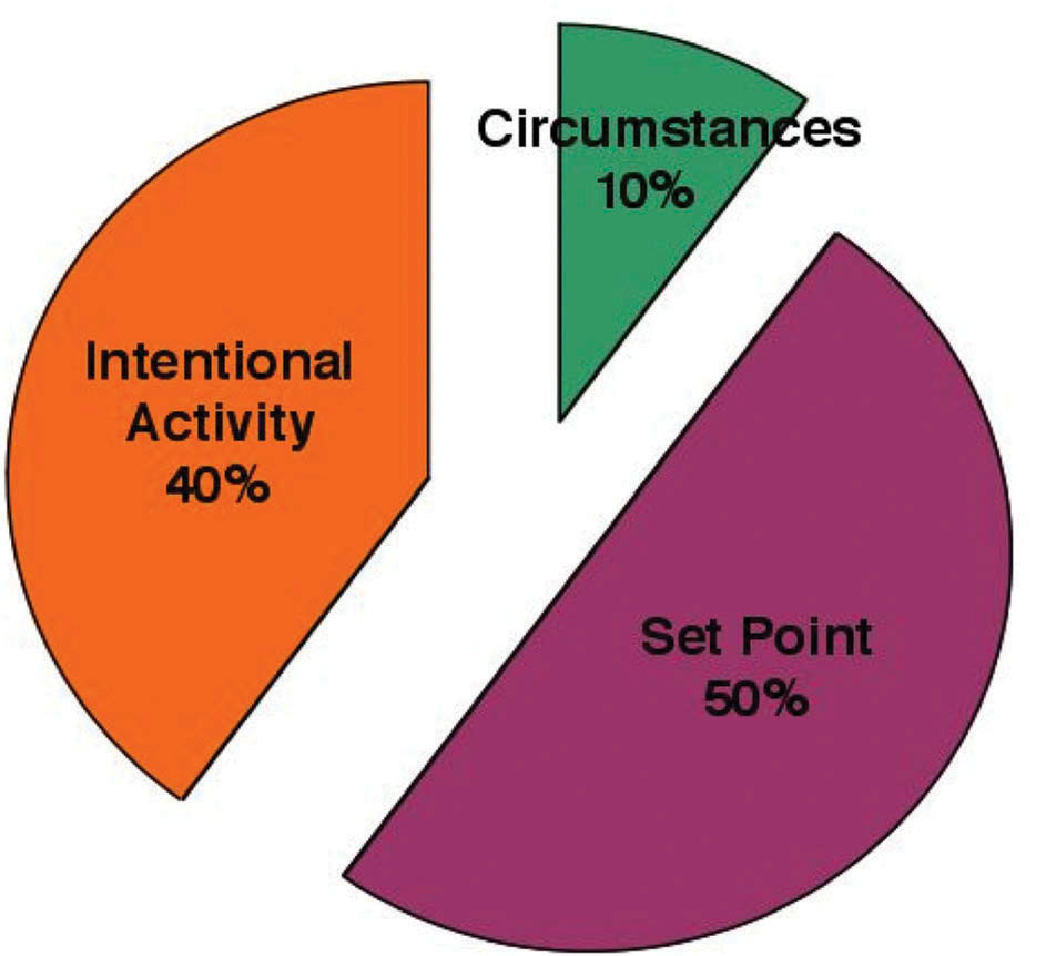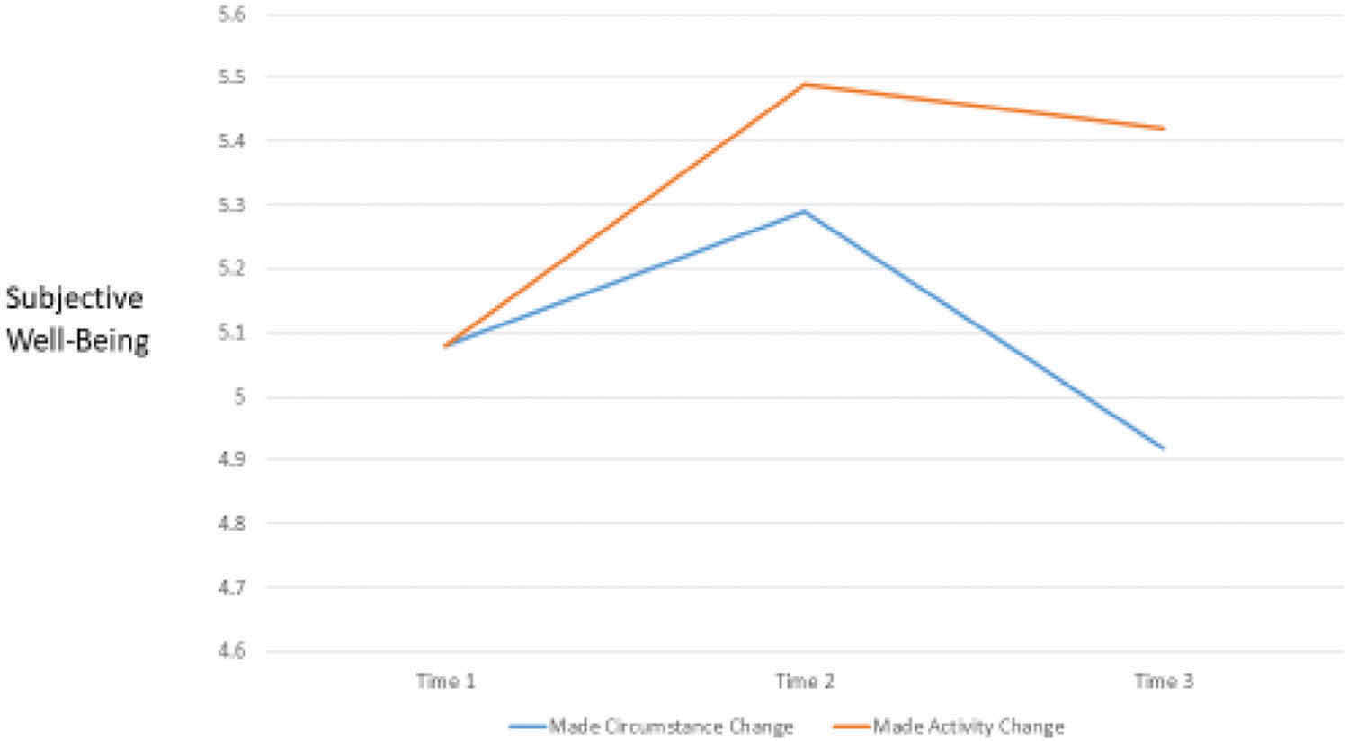Supermen are a product of total devotion to exercising with endurance; they don’t just appear! Many of us engage in many daily activities set for the one that could ultimately be the answer to our pursuit. Exercise is one of man’s most neglected activities that does not haunt him after missing. I always feel healthy and good whenever I train for a triathlon. As innocent as the activity is, engaging it seems to be the last option in our mind, and at best, we give it a few minutes, sigh, and get back to our devices. But most of us are as ignorant of its benefits as a blind beggar begging using a golden bowl! If we were to know and understand the benefits of exercising, we would give it our best. Today, I will be informing you about the benefits of exercise on health and how it brings about pleasure.
I’m sure you’ve had some fears concerning increasing or losing weight, developing wrinkles, pain after carrying a load, and other health-related worries. As Gregory Ruesegger and Frank Booth write in the 2018 issue of Cold Spring Harbor perspectives in medicine put it, “Overwhelming evidence exists that lifelong exercise is associated with a longer healthspan, delaying the onset of 40 chronic conditions/diseases.” Besides, As Margie Lachman, Lipsitz, Luben, Castaneda-Sceppa and Jette write in the 2018 issue of Innovation in aging put it, “Physical activity is beneficial for psychological well-being, cognitive functioning, and physical health.” Scientists are getting more exciting results illustrating how molecular mechanisms during exercises improve and sustain the quality of life. Every part of the human body, if used moderately and exercised in labor to the extent to which each is accustomed, eventually becomes healthy and a source of pleasure.
Let’s now delve into our sanity; exercise has a significant impact on your mental health. Gregory Ruesegger and Frank Booth write in the 2018 issue of Cold Spring Harbor perspectives in medicine states that research exercise is an invasive therapy highly regarded for the improvement of mental health. The study describes how exercise improves cognitive function, associated with the hippocampus’s systematic and local expression of growth factors. Zachary Graham and Christopher Cardozo write in the 2020 issue of Acta Physiologica that myokines can act as potential prognostic biomarkers reflecting the whole-body metabolism and explain why they might be appealing therapeutic targets for testing metabolic diseases and treating muscle. The increased metabolism works as a therapeutic treatment for the entire body, including cognitive development.
As Francis Samonte, De Guzman, Garcia JR, Molina and Gonzales in the 2020 International Journal of Psychosocial Rehabilitation put it, “While the benefits of physical activity are not only limited to reducing morbidity related conditions from non-communicable diseases, it also extends to include mental health disorders.” The study revealed statistical significance for the impact of physical activity on depression.

Now I will be telling you how exercises give you pleasure and act as a form of restitution. Toni Williams, Hunt, Papathomas, and Smith write in the 2018 issue of Qualitative Research in Sport, Exercise and Health that exercises are associated with an affective valence of pleasure and displeasure and distinctive states of mood and emotion. When you engage in exercises, there is a feeling of well-being because of the endorphins which kick in to keep you company all along. No matter how the day looks, you can decide to create another reality by exercising, thereby allowing you to feel good all day long.
The pleasure comes from the relational understanding of affect, which goes beyond emotional understanding. Most of you probably know or have experienced normative pleasure associated with walking, jumping, running, or doing some push-ups. There is more pleasure to be gained from exercises by merely immersing oneself in the environment. You probably think there is no way that can be; that is what I first thought until I stepped into the environment. Kennon Sheldon and Sonja Lyubomirsky write in the 2020 issue of The journal of positive psychology that happiness requires a choice of eudaimonic-type activity and self-appropriate activity instead of pursuing it in the activity and practice in changing and varied ways. The study uses the sustainable happiness model to demonstrate how one can successfully take control of their happiness through planned activities such as physical exercises. Moreover, the assigned activity change was found to have a more significant impact on well-being than circumstantial changes. As you can see, you need not undertake circumstance changes to gain happiness; instead, engage in an assigned activity such as exercising for your well-being.


The bottom line is to get involved in an exercise program. We should all engage in exercises because there are many significant benefits to be reaped. Exercises are a great way of acquiring health benefits such as delaying many chronic diseases and improving your health outcomes. Besides, you will most probably increase your life span while on it. Many of us have a chilling fear when we think of exercises, but the best thing could be to get immersed in the environment and enjoy the pleasure out of it. As a general goal, make a point of passing by and spending some 20 minutes in the environment whenever possible. Those ready to exercise can jump up already! Now, you can begin exercising through dancing or taking your family hiking during holidays or try new sports like racing in a swimming pool. I’m sure you will appreciate this moment after the fact.
References
Das, D. K., Graham, Z. A., & Cardozo, C. P. (2020). Myokines in skeletal muscle physiology and metabolism: recent advances and future perspectives.Acta Physiologica, 228(2). Web.
Lachman, M. E., Lipsitz, L., Lubben, J., Castaneda-Sceppa, C., & Jette, A. M. (2018). When adults don’t exercise: Behavioral strategies to increase physical activity in sedentary middle-aged and older adults. Innovation in Aging, 2(1), igy007. Web.
Ruegsegger, G. N., & Booth, F. W. (2018). Health benefits of exercise.Cold Spring Harbor perspectives in medicine, 8(7). Web.
Samonte, F. G. R., De Guzman, M. T., Garcia Jr, F., Molina, V., & Gonzales, R. (2020). The use of predictive modeling in determining the relationship of physical activity and mental health in older adults. International Journal of Psychosocial Rehabilitation, 24(09). Web.
Sheldon, K. M., & Lyubomirsky, S. (2021). Revisiting the sustainable happiness model and pie chart: can happiness be successfully pursued?. The journal of positive psychology, 16(2), 145-154.
William, T. L., Hunt, E. R., Papathomas, A., & Smith, B. (2018). Is exercise medicine? Most of the time for most, but not always for all. Qualitative Research in Sport, Exercise and Health, 10(4), 441-456. Web.